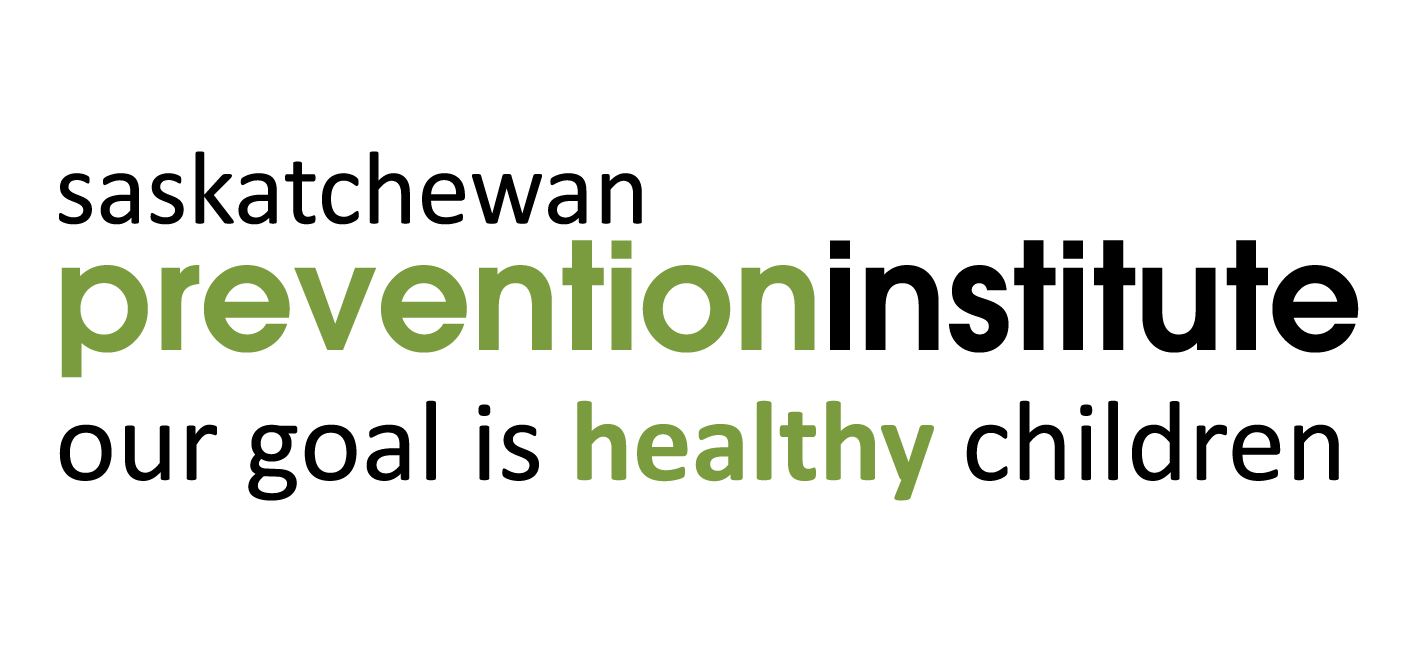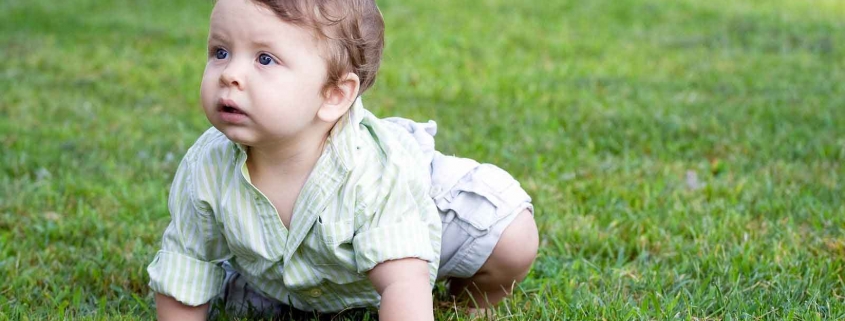
- Display 15 Products per page
-
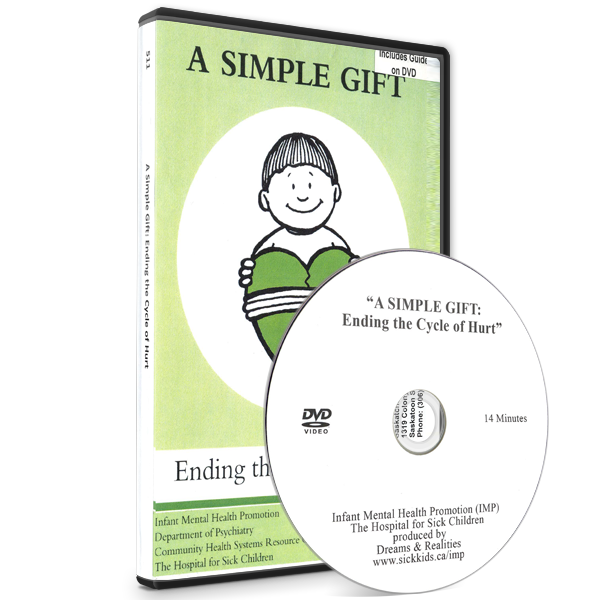
A Simple Gift: Ending the Cycle of Hurt
Video, 2000
Certain caregiver behaviours can be frightening to a young child and may contribute to disorganized attachment. As a result, serious emotional and behavioural problems can develop. This video is designed to help parents recognize and prevent interactions with their children that may be harmful. Simple examples of harmful caregiving behaviours are demonstrated with explanations of why they might frighten children. As well, more positive ways to interact with children are suggested. The information is presented in clear language and is suitable for parents from many cultures.
SKU: 5-V-511 -
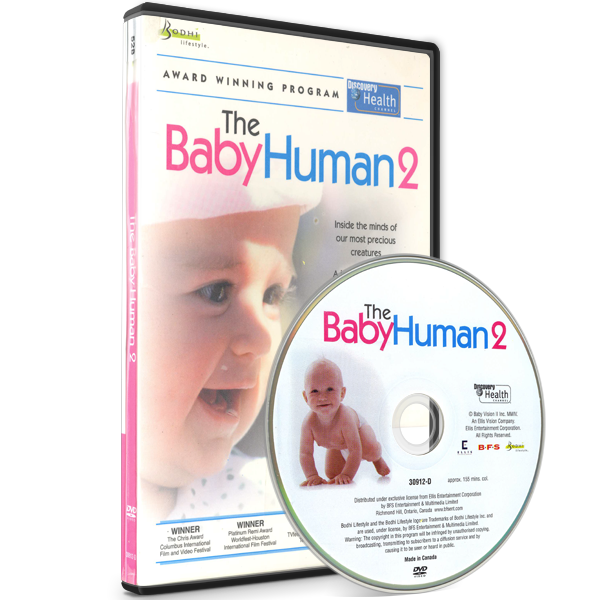
The Baby Human 2
Video, 2008
Imagine being thrust into a world where you cannot speak, can barely move, and must unravel the meaning behind a maze of sounds and sights in order to survive. This is the world of the baby.
Series Two of this groundbreaking program takes a look inside the mind of a baby, revealing how they think, communicate, and observe. Episodes include: To Feel, To Belong, and To Relate. Also includes segments on less common baby names and their meanings, and baby trivia.
SKU: 5-V-528 -

Elijah’s Story
Video, 2000
Elijah’s Story is the true story of a 16-month-old baby boy who was shaken to death by his biological father. The film follows the young family from the birth of Elijah to the 911 emergency call and sentencing hearing. Testimonies are given by Elijah’s mom and grandparents, as well as by the doctor, detective, and judge in the case. Elijah’s mom shares her emotions as she tries to go on, and Elijah’s dad speaks out from prison, encouraging others to learn from his mistakes.
SKU: 4-V-402 -
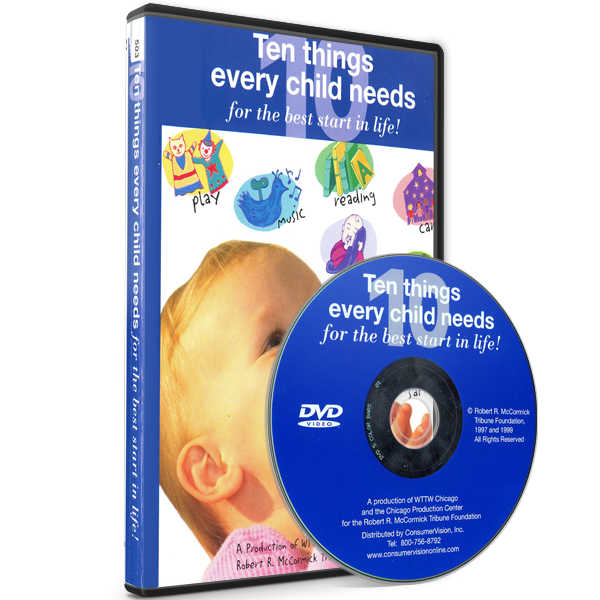
Ten Things Every Child Needs
Video, 1999
Can a child’s IQ be improved during the first years of life? Researchers say yes, if the child receives ten simple things shown to help children’s brains develop.
Ten Things Every Child Needs explains how our earliest interactions influence a child’s brain development. Hosted by popular television personality Tim Reid, Ten Things Every Child Needs is an invaluable guide that parents and caregivers can follow to give a child his or her best start in life.
SKU: 5-V-503 -
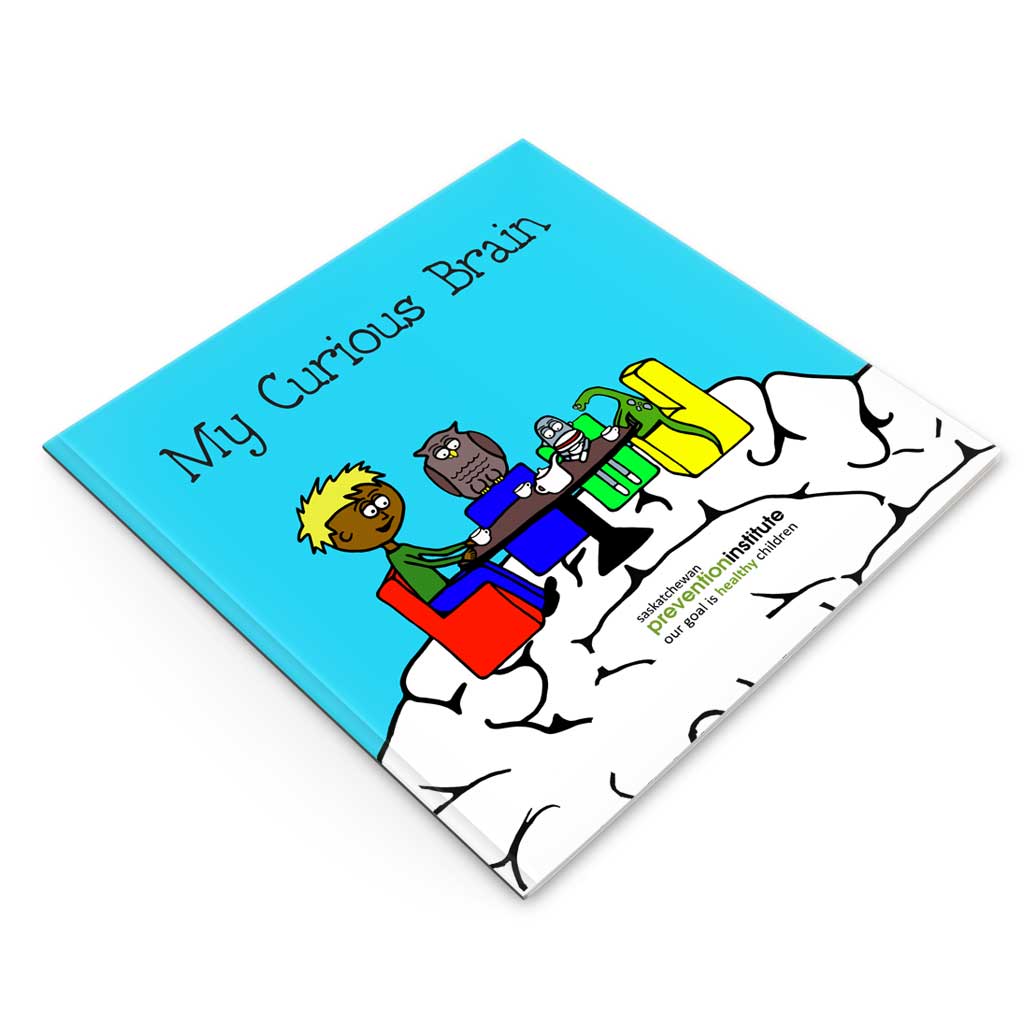
My Curious Brain
Booklet, 2019
My Curious Brain is a fun, interactive, and educational book for parents and caregivers to teach their kids about how the brain works. When parents and caregivers have a greater understanding of how the brain works, they will better understand how to support their child and promote healthy brain development. With a greater awareness of how the brain works and with supportive caregivers, children can develop self-regulation skills and strategies to help them effectively deal with stress.
SKU: 5-505 -
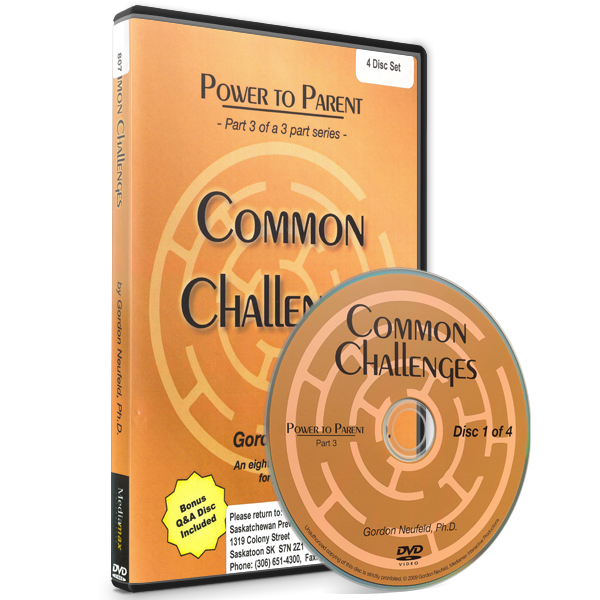
Power to Parent: Common Challenges
Video, 2011
Dr. Neufeld discusses ways to address challenging behaviour in children while maintaining attachment relationships. The eight sessions are as follows:
- Thinking developmentally when facing challenges
- Recognizing the signs of trouble
- Living with a sensitive child
- Cultivating resilience in a child
- Leading an alpha child
- Disciplining a stuck child
- Putting the developmental approach into practice
SKU: 8-V-807 -
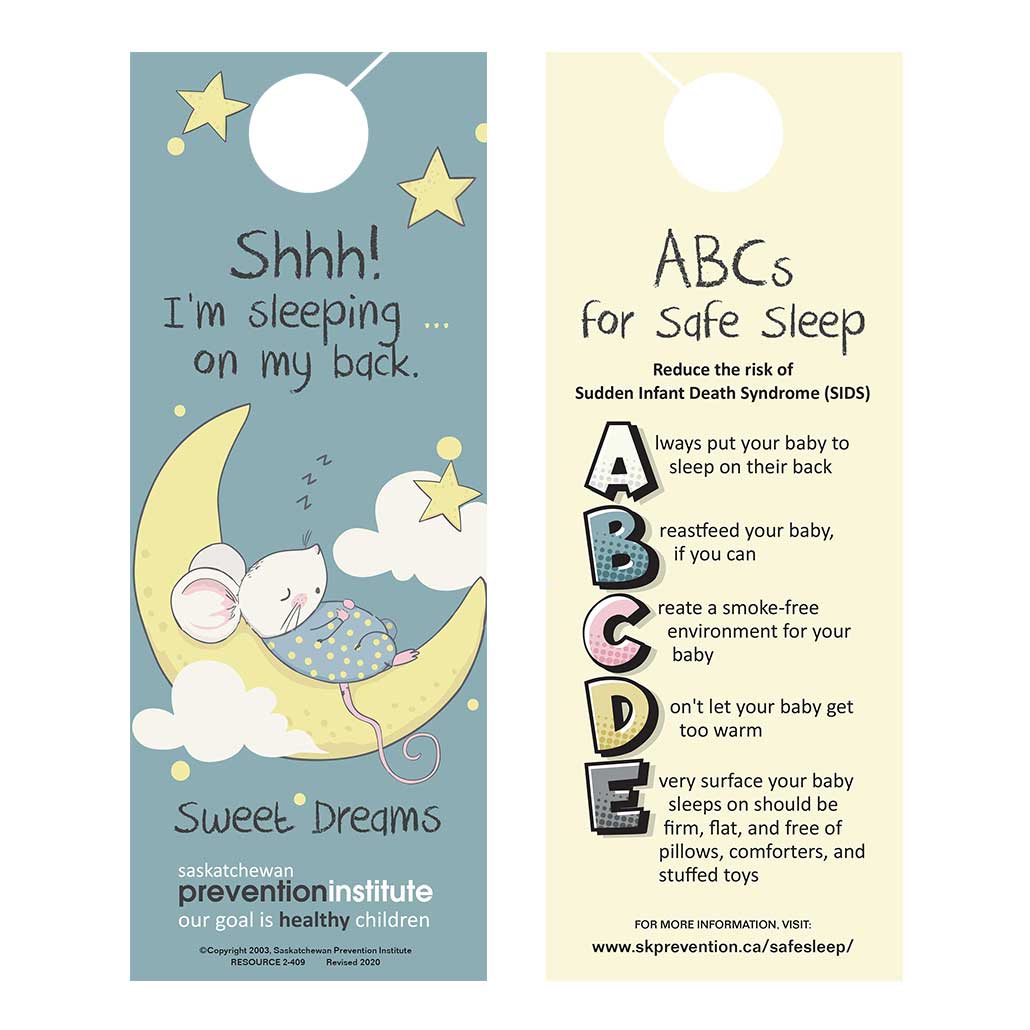
ABCs for Safe Sleep
Informational Door Hanger, 2020
This resource outlines safe sleeping tips for babies to help reduce the risk of Sudden Infant Death Syndrome (SIDS). It is intended to be used as a door hanger within a baby’s sleep environment.
SKU: 2-409 -
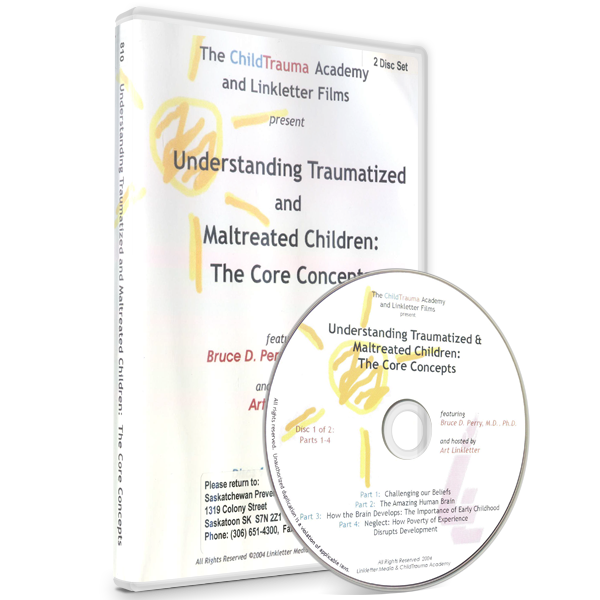
Understanding Traumatized and Maltreated Children: The Core Concepts
Video, 2004
This DVD consists of seven, half-hour presentations focused on child maltreatment and trauma. Dr. Bruce Perry, from the ChildTrauma Academy, presents information on the following topics:
- Challenging our beliefs
- The amazing human brain
- How the brain develops: The importance of early childhood development
- Neglect: How poverty of experience disrupts development
- The fear response: The impact of childhood trauma
- Living and working with traumatized children
- Violence and childhood
SKU: 8-V-810 -
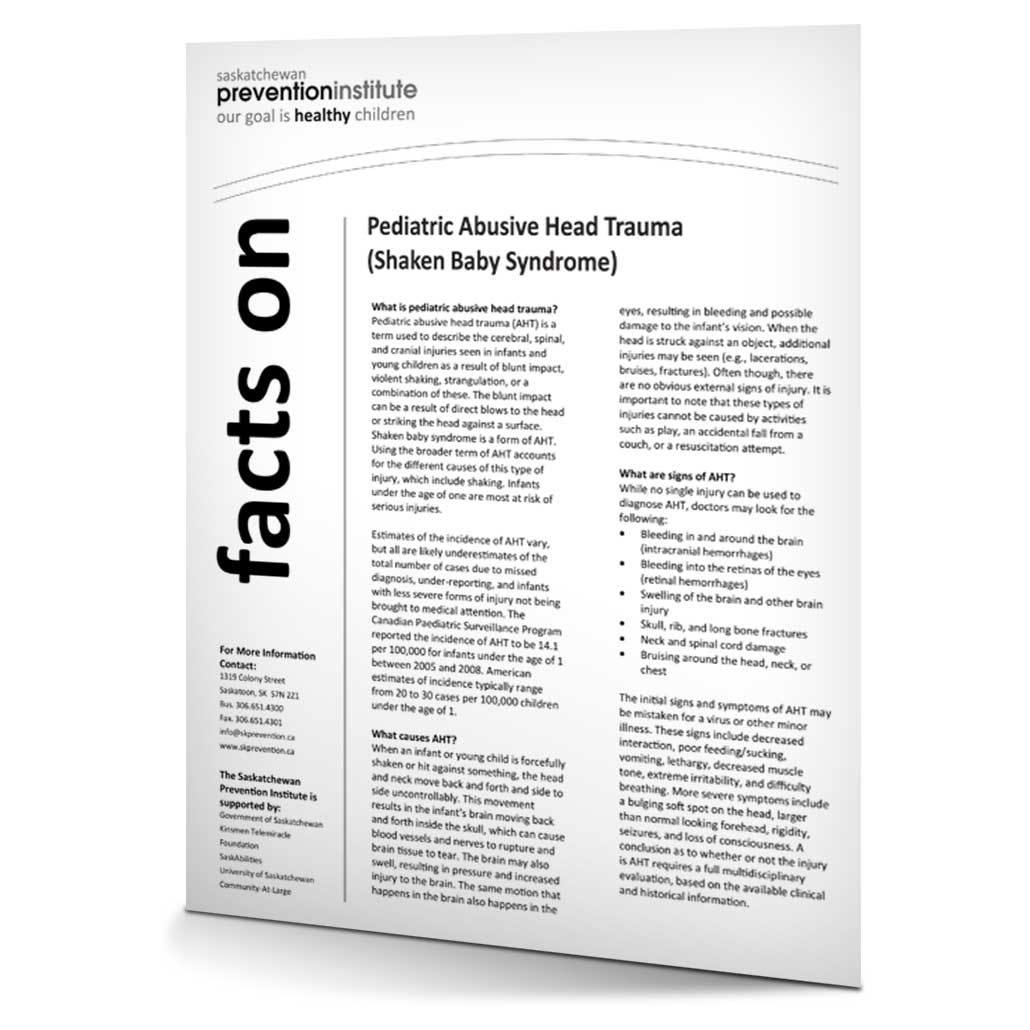
Abusive Head Trauma (Shaken Baby Syndrome)
Fact Sheet, Revised 2019
Explains what abusive head trauma is, including how and why it happens, the long-term effects, and how it can be prevented. Aimed at health professionals and service providers who work with families. For information aimed at caregivers, see When Your Baby Can’t Stop Crying (resource 4-902).
SKU: 4-900 -
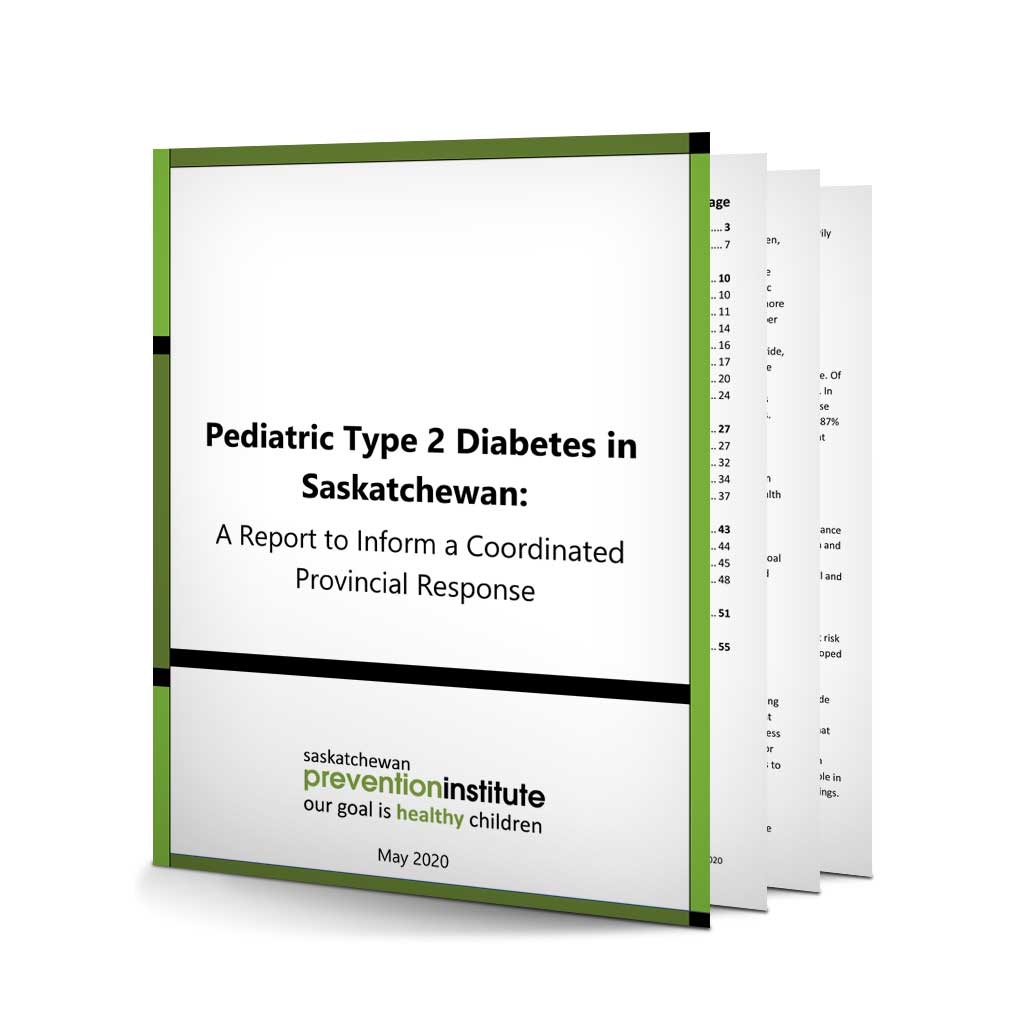
Pediatric Type 2 Diabetes in Saskatchewan
Report, 2020
Pediatric type 2 diabetes (T2D) is a rising issue in Canada. Research shows an increasing prevalence of T2D in communities around the world, including in Canada. In Canada, some of the highest incidence rates are found in the First Nations pediatric population in the Prairie provinces. The Saskatchewan Prevention Institute partnered with Dr. Mark Inman (Pediatric Endocrinologist, Saskatchewan Health Authority) to bring together current evidence and data relevant to Saskatchewan and increase the understanding of the strengths, gaps, and needs related to pediatric T2D within Saskatchewan.
The partnership resulted in the development of this background report, based on a literature review, needs assessment survey, and environmental scan, which will inform future work regarding pediatric T2D in Saskatchewan. The report will be used first to inform the development of relevant resources for education and training for healthcare providers, and second, to develop appropriate education for patients and families, within the Saskatchewan context.
SKU: 2-001 -

How Your Baby Grows
Booklet, 2002
Adapted with permission from March of Dimes, this illustrated booklet describes fetal development and physical changes experienced by the mother.
SKU: 2-100 -
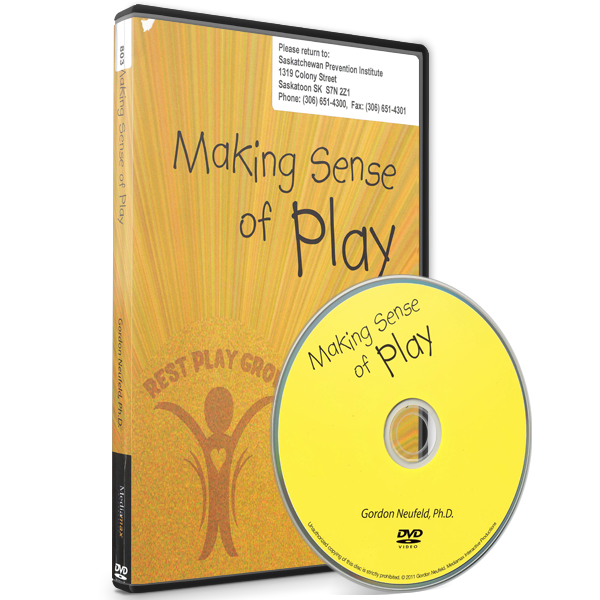
Making Sense of Play
Video, 2011
In this two-hour seminar, Dr. Gordon Neufeld explores what play is, the benefits of play, and what is needed for children to play. Dr. Neufeld explains that play is not an option; it is a developmental requirement. Through various examples, he explores the three basic tenants of play: 1) Play is not work, 2) Play is expressive and exploratory, and 3) Play is “not for real”.
SKU: 8-V-803 -

Temperament
Information Card, 2015
This information card is about temperament, the inherent and unique traits that influence how we interact with the world. Caregivers will be provided with information on why it is important to understand their children’s temperaments and how it affects behaviour.
SKU: 8-810 -
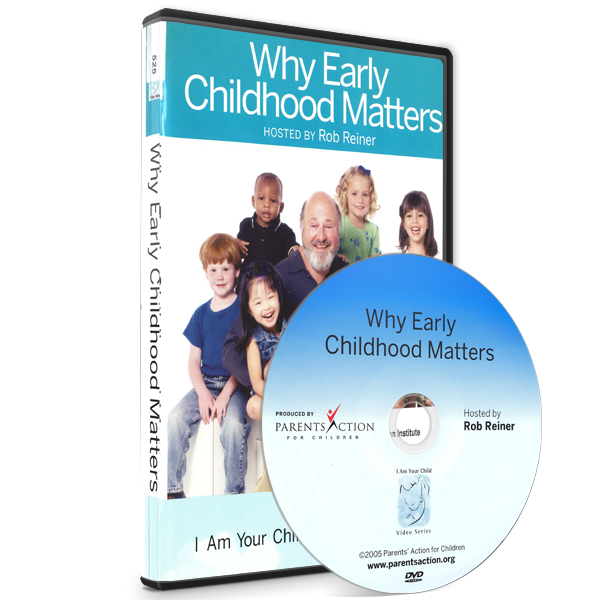
Why Early Childhood Matters (I Am Your Child Series)
Video, 2005
Scientific research confirms that children’s earliest experiences – starting even before they’re born – dramatically affect their ability to succeed in school, and in life. In this video, our country’s leaders in government, business, crime prevention, and academia voice their commitment to our nation’s youngest children and emphasize the crucial need for increased investments in early childhood.
This video is designed to help you motivate your community to create and support programs so that every child enters school ready to succeed. Our future depends on the investments we make today in our youngest children.
SKU: 5-V-525 -
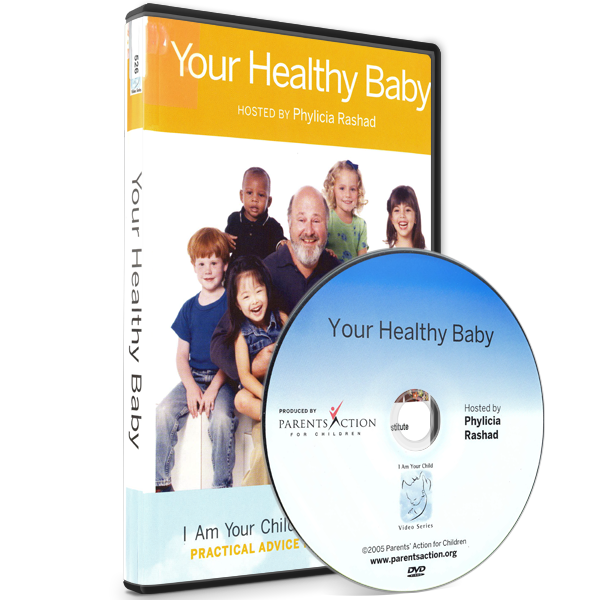
Your Healthy Baby (I Am Your Child Series)
Video, 2005
In order to give a child a healthy start in life, parents and caregivers need the most up-to-date information on children’s health and nutrition issues.
In this video, Phylicia Rashad delivers expert advice on how parents can help their children establish healthy habits, with information on:
- How to maintain good health during pregnancy
- Bottle-feeding versus breast-feeding
- When you and your child should visit the doctor
- What foods to feed your child and when
- The importance of exercise
SKU: 5-V-526
